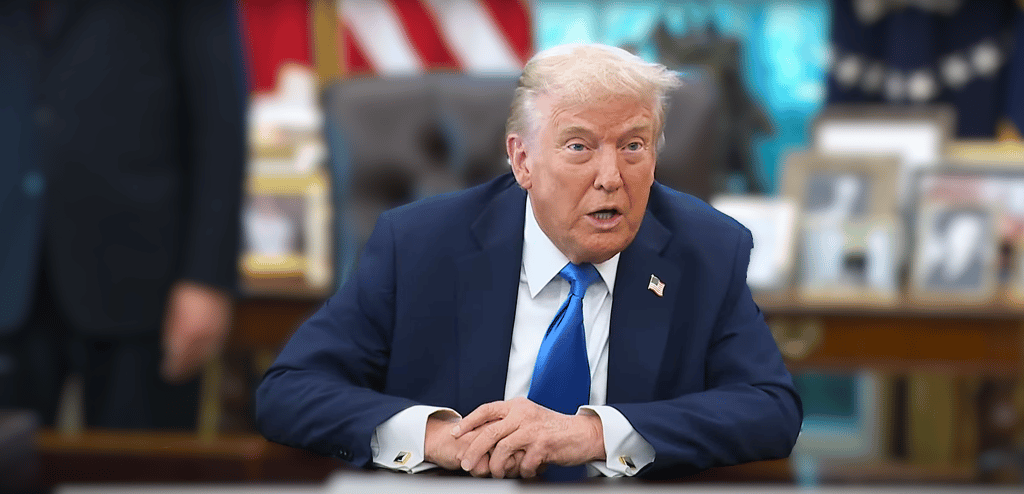Trump to Unveil Peace Plan to End Israel–Gaza War at UN, Backed by Key Arab Nations
On 23 Sept 2025, President Trump is set to unveil a detailed peace plan to end the Israel–Gaza war, inviting Arab and Muslim nations to join a regional framework for stability.
Raja Awais Ali
9/23/20252 min read


Trump’s Peace Initiative Aims to End Israel–Gaza War with Regional Backing
On 23 September 2025, U.S. President Donald Trump is preparing to unveil a comprehensive plan to end the ongoing Israel–Gaza conflict during high-level meetings on the sidelines of the United Nations General Assembly in New York. The initiative seeks to halt nearly two years of fighting that has caused massive civilian casualties, widespread displacement, and a deepening humanitarian crisis in Gaza.
Trump’s proposal invites a coalition of key Arab and Muslim nations—including Saudi Arabia, the United Arab Emirates, Qatar, Egypt, Jordan, Turkey, Indonesia, and Pakistan—to participate in a multistage peace framework. The core elements include a phased withdrawal of Israeli forces, deployment of a regional peacekeeping force, and the creation of a reconstruction fund to rebuild Gaza’s devastated infrastructure.
A transitional administrative authority would manage Gaza during the reconstruction phase, with the Palestinian Authority expected to take a central role. The plan notably sidelines Hamas, reflecting long-standing concerns among regional powers about the group’s involvement in governance.
Conditions in Gaza remain dire. Local health officials report tens of thousands of civilian deaths since the conflict escalated, while hospitals face critical shortages of fuel and medical supplies. Food scarcity and the destruction of homes have displaced hundreds of thousands, making immediate humanitarian relief a top priority.
Trump’s initiative also aims to strengthen international recognition of a sovereign Palestinian state, building on recent moves by nations such as France and Saudi Arabia to formally acknowledge Palestinian statehood. By securing broad diplomatic support, the plan seeks to give future negotiations a stronger legal and political foundation.
Significant challenges remain. Israeli leaders are expected to resist any arrangement granting extensive authority to the Palestinian Authority. Regional partners must also commit to the financial costs of reconstruction and the deployment of peacekeeping forces. Without full cooperation from both Israel and key Palestinian factions, the proposal may struggle to move beyond the planning stage.
Despite these hurdles, the 23 September announcement is being hailed as the most detailed U.S.-backed roadmap to date for ending the war. If accepted, it could mark the beginning of a new era of stability and lay the groundwork for a lasting two-state solution in the region.
Stay informed with the latest national and international news.
© 2025. All rights reserved.